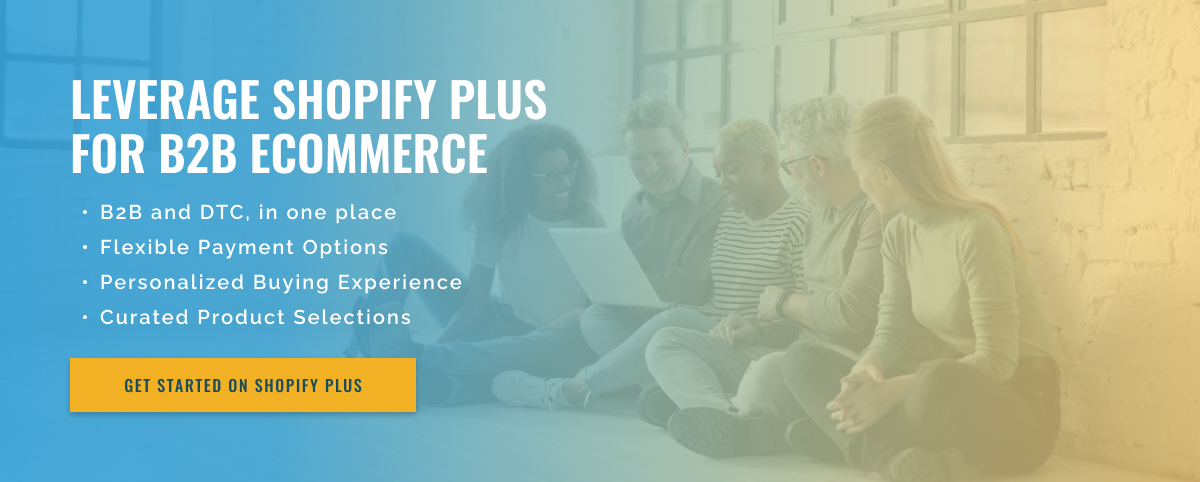3 minute read
B2B Catalogs on Shopify: The Power of Advanced Filtering
Shopify has become a trusted platform for many businesses looking to sell their products online. The eCommerce giant is known for its user-friendly interface, extensive features, and powerful capabilities. However, when it comes to B2B catalogs on Shopify, developers often face the challenge of implementing advanced filtering options.
B2B (business-to-business) catalogs on Shopify differ from traditional B2C (business-to-consumer) catalogs. B2B customers have unique demands and require a more personalized shopping experience. They often purchase products in bulk, have different pricing structures, and may require customizations or specific product features. To meet these specific needs, developers need to implement advanced filtering options that can help B2B customers navigate the massive catalog with ease.
The first step in implementing advanced filtering for B2B catalogs on Shopify is to understand the target audience. Developers need to conduct extensive research to identify the specific needs and purchasing behavior of B2B customers. This will help them determine which filters are crucial to include and how to design the interface for the best user experience.
One of the essential filtering options for B2B catalogs is the ability to filter by product attributes. B2B customers often have a specific set of features or specifications in mind when searching for products. By allowing them to filter by these attributes, such as size, color, material, or weight, they can quickly find products that meet their requirements.
Another essential filtering option for B2B catalogs is the ability to filter by price. B2B customers often have different pricing structures, such as volume-based discounts or negotiated pricing. By providing advanced price filtering options, developers can create a seamless shopping experience for B2B customers, who can easily find products within their budget.
Additionally, B2B customers may also want to filter products by availability. This feature allows them to view products that are currently in stock and available for immediate purchase. Developers can also offer an option to filter products by lead time or estimated delivery time for out-of-stock products, allowing B2B customers to plan their purchases accordingly.
On top of these essential filtering options, developers can also include advanced filtering options based on customer roles or permissions. This feature allows businesses to create a customized shopping experience for different B2B customer accounts such as distributors, wholesalers, or retailers.
By setting up role-based filtering, B2B customers can only see products and prices relevant to their account type, making the shopping experience more efficient and personalized.

